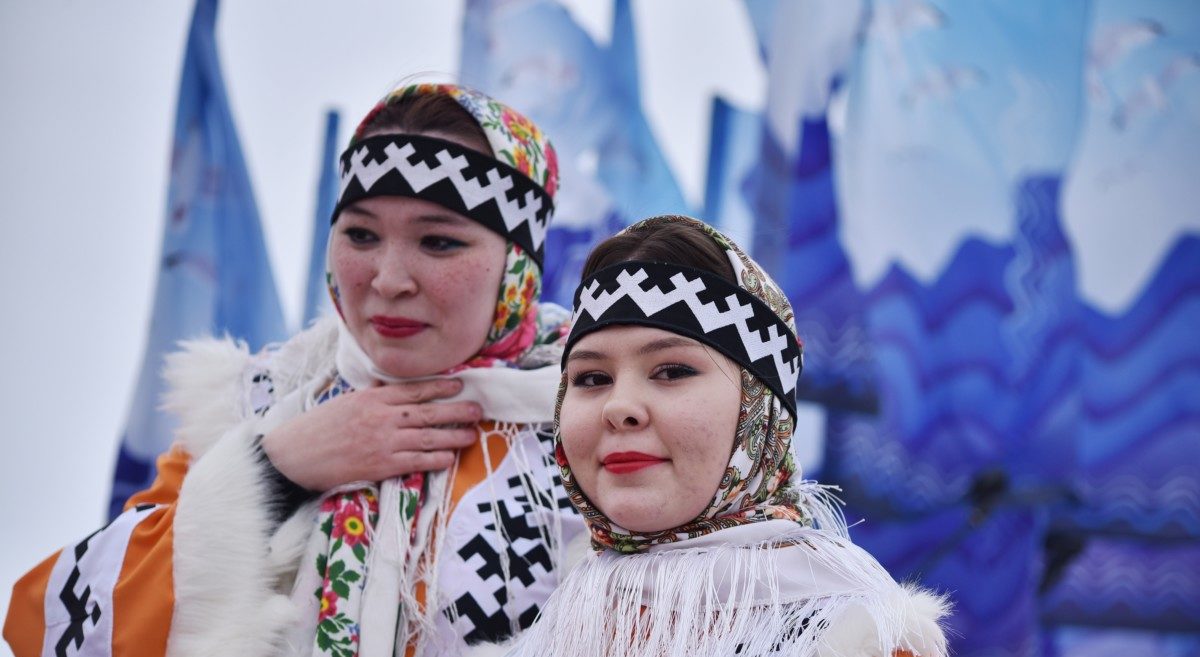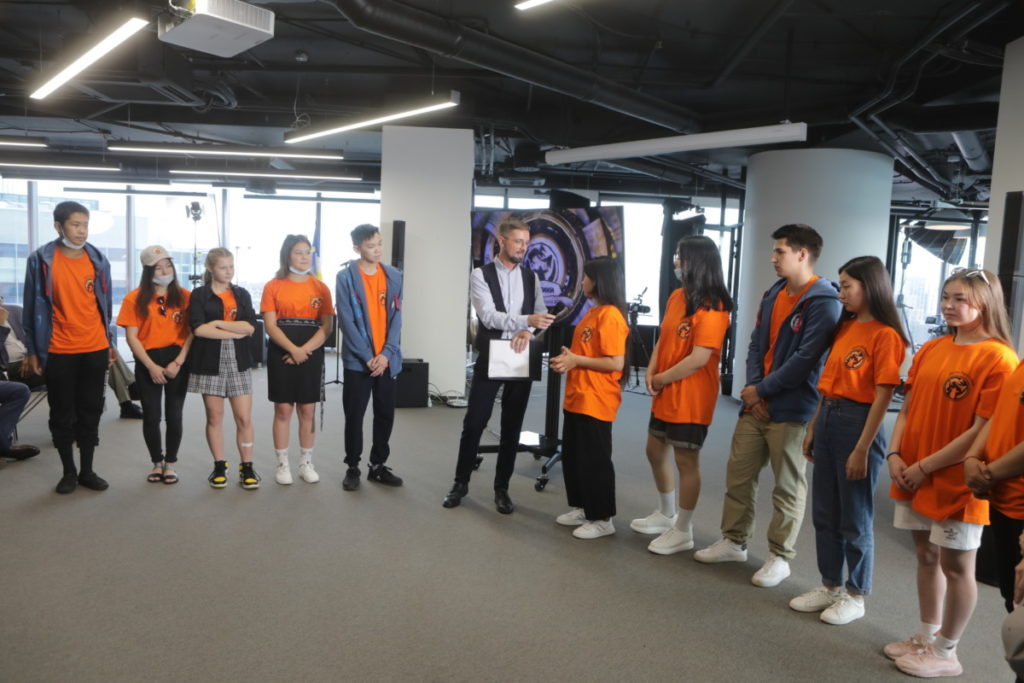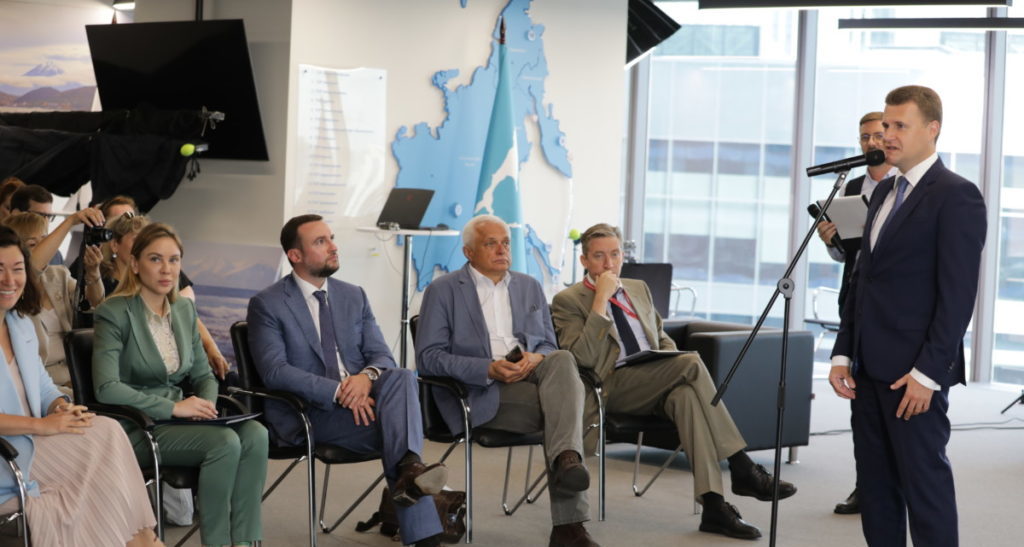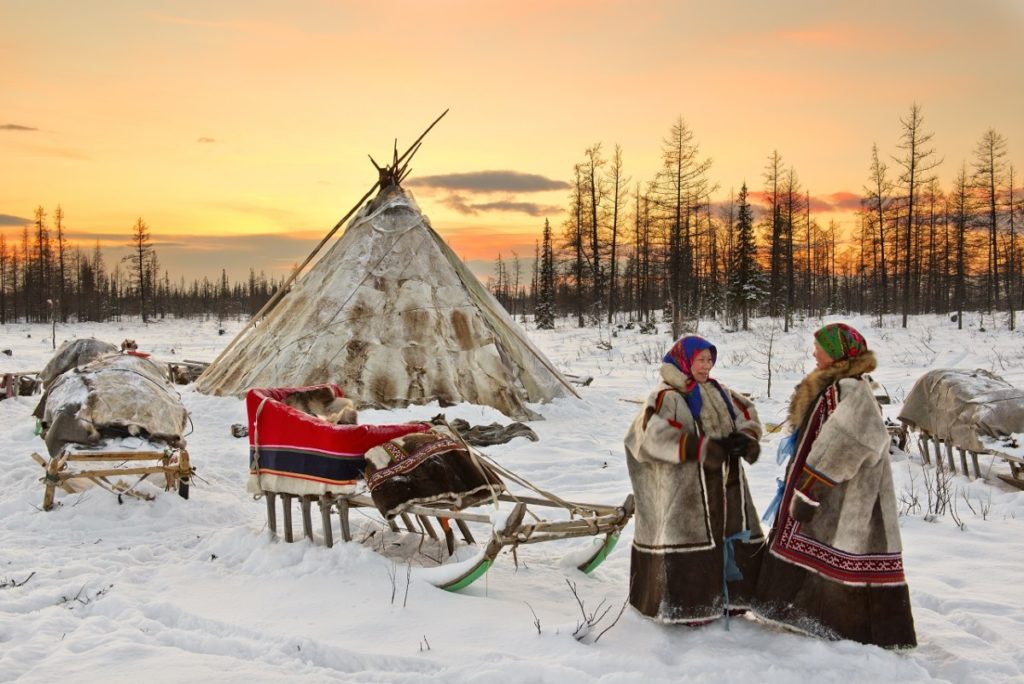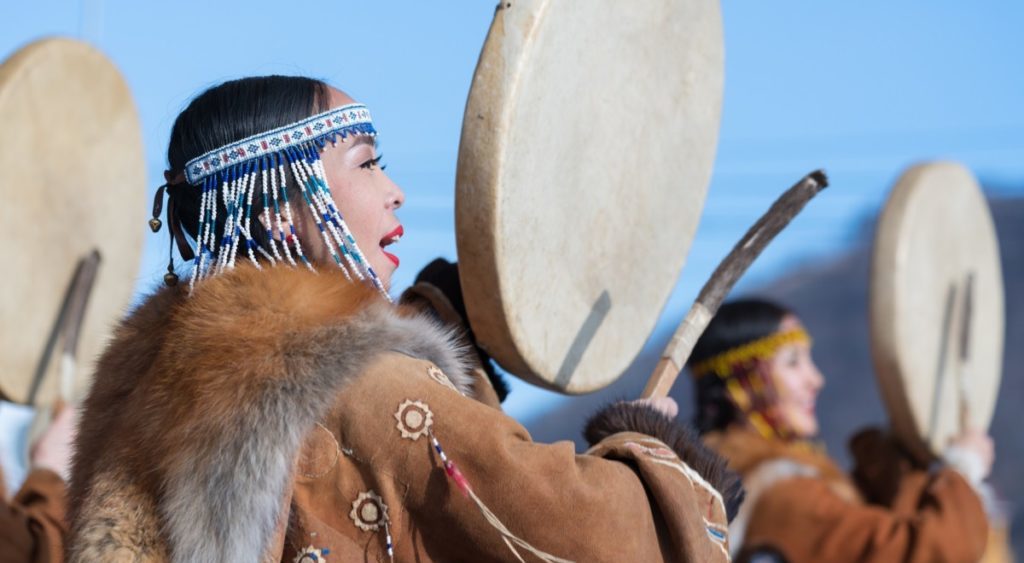#ARCTIC. #SIBERIA. THIS IS TAIMYR. The information and educational Internet project Children of the Arctic which tells about 15 indigenous peoples of the Russian North, has been officially launched.
The portal was opened on the dates of the World’s Indigenous People International Day celebration and on the eve of the Indigenous Languages International Decade.
The guests of the ceremony at the site of the Corporation for the Development of the Far East and the Arctic in Moscow were 13 children – representatives of the indigenous peoples of the Arctic: Evens, Yukaghirs, Sami, Vepsians, Khanty, Dolgans, Selkups, Nganasans, Evenks, Entsy, Chukchi, Nenets.
“The entire world community is watching the Arctic today with great attention. You are here because each of you has a treasure; you are speakers of unique Arctic languages. In total, there are almost six thousand languages in the world, but many are under threat. According to UN estimates, a third of them may disappear in the 21st century. The fact that you know the native languages of your peoples, which contain wisdom, legends, traditions of many generations and take them back into the centuries, is very valuable. It is important that you carry this treasure through your life, pass it on to your children. We are also making efforts to preserve the legacy, these treasures for future generations”, said Russian Minister for the Development of the Far East and the Arctic Alexey Chekunkov.
The portal will serve to preserve the languages, traditions and histories of the Russian North, as well as to draw attention to the vast wealth and diversity of the Arctic.
The Internet resource detiarktiki.rf has language lessons, a library, and video materials. Cartoons will soon appear on the portal, voiced by children from the Arctic regions in their native languages.
“The educational resource gives an opportunity to get acquainted with the unique culture and centuries-old experience of the indigenous peoples of the North. I am sure it will play its role in preserving the linguistic heritage and cultural and historical wealth of the Arctic peoples. We have tried to make it interesting and accessible to a large number of people, regardless of age and place of residence, and we will continue to develop it”, stressed Andrey Patrushev, director general of ANO Arctic Initiatives Center.
The Children of the Arctic project received international status: it was supported by Canada and Finland. According to Anna Polezhaeva, advisor to the head of the Federal Agency for Ethnic Affairs, the project will soon be defended at the UN.
The portal was created for five months. Several expeditions were organized to the regions of the Russian Arctic, research work was carried out. The project team filmed in the tundra, recorded interviews with native speakers of national cultures and languages, studied archival documents and visited local museums.
Follow us on Telegram, Instagram and Facebook.
Text: Angelica Stepanova, Photo: Vitas Beneta, minvr.gov.ru and детиарктики.рф
